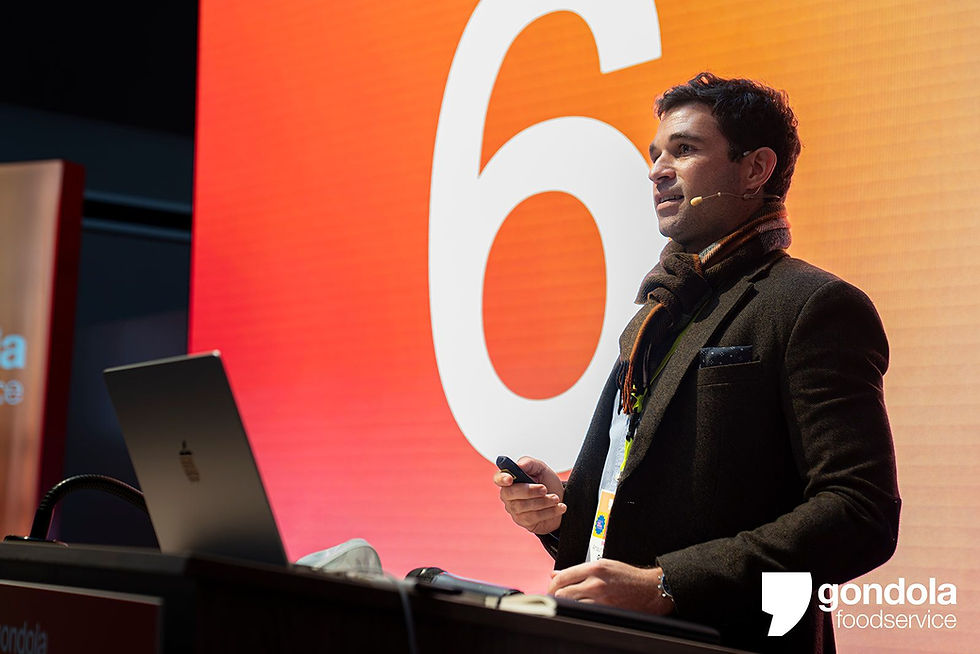Diners Willing to Pay More for Greener Restaurants
- François Remy

- Oct 17, 2025
- 2 min read
From minimizing waste and sourcing locally to investing in energy-efficient kitchens, sustainable practices are playing an increasingly influential role in the Belgian hospitality industry. Crucially, nearly half of diners say they are willing to pay a premium for them.

“Sustainability is no longer a niche concern; it has become a defining factor in the hospitality industry,” asserts Emine Youssef, Senior Director of Sales for Western Europe at Lightspeed. “Customers don't just appreciate initiatives like waste reduction or the use of local products – they are even prepared to pay more for them.”
Responsible Cuisine: 48% of customers are willing to pay more for sustainably prepared dishes.
Food Waste: 74% consider it important for restaurants to take measures to combat food waste. With over seven in ten Belgians concerned, effective raw material management is a decisive factor in choosing an establishment.
Transparency: 64% want sustainable options to be clearly visible on the menu.
Waste: 63% expect restaurants to forgo single-use plastic items.
Energy Efficiency: 48% also check if the establishment they frequent is energy efficient.
“For Restaurateurs, This is an Opportunity to Stand Out and Add Value”
“It is about integrating sustainability as an integral part of the customer experience: from the menu to the energy infrastructure,” recommends Lightspeed Director Emine Youssef.
This shift in consumer ecological sensitivity has not gone unnoticed by Belgian Horeca entrepreneurs. More than seven out of ten restaurateurs (72%) observe that their customers are making increasingly conscious choices for sustainably prepared meals. Many are already responding to this growing demand:
Sourcing & Materials: 48% say they prioritize regional products, 45% opt for plastic-free alternatives such as paper straws, and 39% use reusable napkins or tableware.
Energy & Water Use: 57% of restaurateurs report having invested in energy-efficient equipment, 51% in water-saving devices, and 47% in waste sorting systems.
Food Waste Reduction: 37% of surveyed Horeca operators offer smaller portions to limit plate waste, and 33% repurpose food scraps, for example, by using vegetable peelings for broth or turning stale bread into breadcrumbs.
Communication: 58% of restaurateurs regret receiving little customer feedback on their eco-responsible initiatives. “Potentially, this is because their efforts are not visible. Transparent communication about sustainable choices is important to foster customer appreciation and loyalty,” suggests Lightspeed.
Source: This survey was conducted in Belgium in May by the unified point-of-sale and payments platform Lightspeed, in collaboration with OnePoll, polling 2,000 consumers who had visited a restaurant in the past year, as well as 200 Horeca entrepreneurs.





